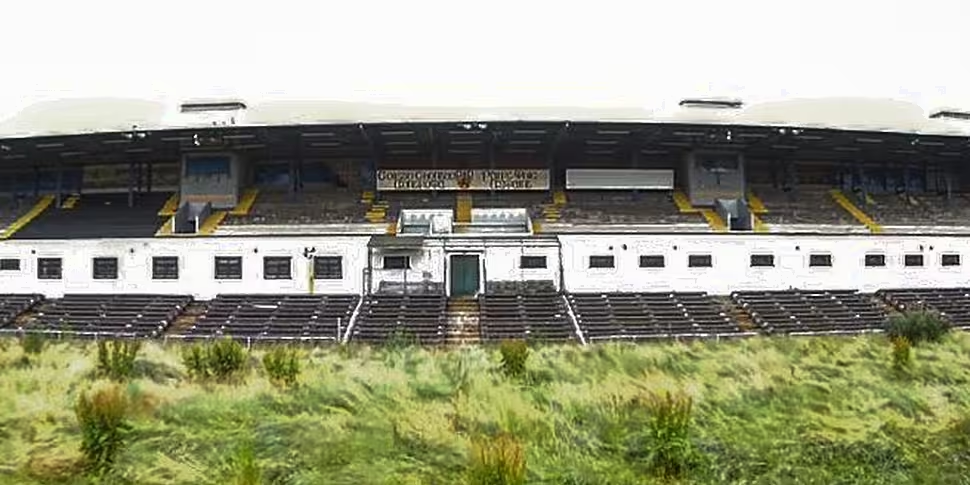Concerns surrounding the suitability of Ireland’s stadia was one of the key reasons Ireland was not chosen as the recommended host nation for the 2023 Rugby World Cup.
Ireland finished last in the evaluation with a score of 72.25% behind France (75.88%) and the Board of Rugby World Cup Limited recommended host South Africa (78.97%).
Explaining the reasoning behind the scores awarded to the Irish bid, the report states:
“Ireland hasn’t scored as high as France and South Africa as their venues require considerable work which creates a higher risk than venues that are already in place following major events.”
The GAA stadia proposed as host venues by Ireland’s 2023 Bid Oversight Board were seen as too risky when it came to making a recommendation.
The technical review group noted that a considerable amount of work would need to be undertaken to bring the grounds up to standard.
“Four of the eight match venues are primarily rugby venues with recent experience in hosting international rugby minimal upgrades to bring the venues up to RWC standard in 2023.
“Most of the work will be provided in the form of overlay which has been budgeted for. Parc Ui Chaoimh (complete August 2017), Pearse Stadium and Fitzgerald Stadium require a significant level of overlay which is flagged as a risk, given the amount of work required to bring these venues up to RWC standard.
“Casement Park is scheduled for redevelopment by 2020 and will also require a significant level of overlay. At time of writing, we understand that this venue is still subject to final planning approval.”
The organisers behind the World Cup also stated that they favoured a plan which included an all seated arrangements for knockout games. Ireland’s bid did not meet that demand.
The Ireland bid proposed 95% seated 5% standing for knock out games. The 5% would be in Pairc Ui Chaoimh.
The report states: “The proposal outlines a plan for seating and standing in venues with 81% of tickets seated with the remaining 19% standing. During the applicant phase, Ireland’s proposal outlined that the venues would have seating and standing facilities.
“RWCL stated they would look at a seating/standing proposal as each bidder has different venues available and their own unique vision, but the aspiration would be for all category A and knock-out matches to be in all seated venues.
“The Ireland bid proposed 95% seated 5% standing for knock out games. The 5% would be in Pairc Ui Chaoimh but the bid has allocated plans and budget for all seating as this would be the RWCL requirement.
“All eight match venues can deliver a consistent playing enclosure with dimensions that meet RWC’s optimal dimensions.
Killarney was deemed unsuitable as a host city, with the review board stating:
"Of the six host cities, five are sizeable and all have experience delivering and hosting large international events.
"Dublin, Belfast, Cork, Limerick and Galway are sizeable cities with populations ranging from 75,000 to 1.1million and have significant event experience.
"Killarney, however, is not sizeable (14,000 population),with less experience in large scale international events. The bid demonstrates significant support from the host cities which has been evident throughout the bid process.
"Each host city has provided a support letter, outlining the cities support for areas such as fan zone delivery, commercial rights protection, festivals and cultural programmes and the provision and coordination of public services, transportation and accommodation."














